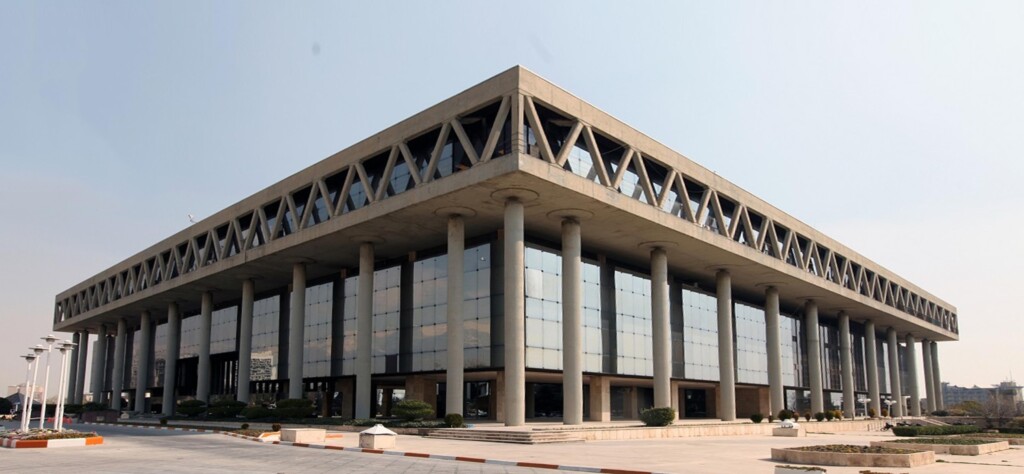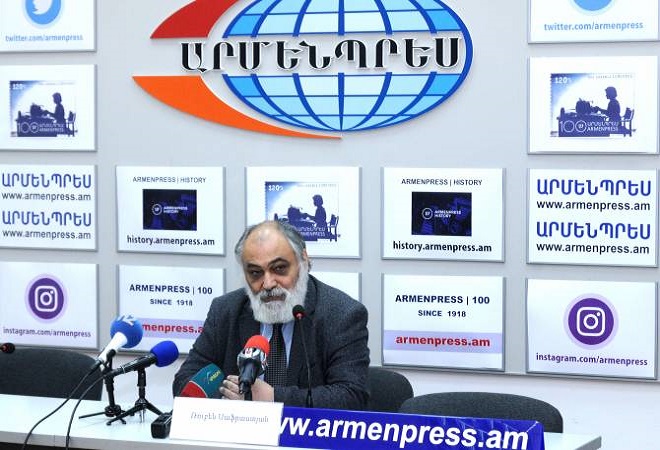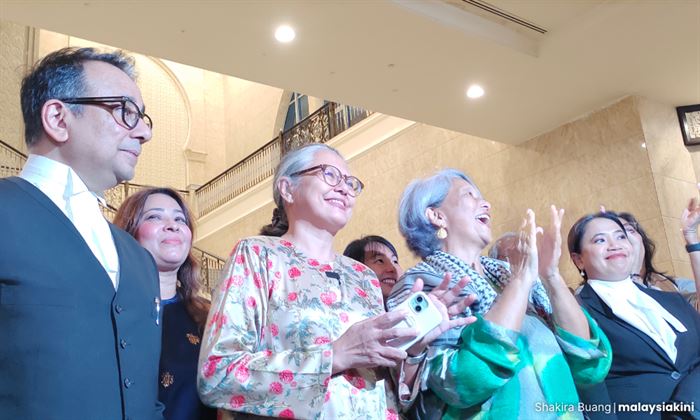On June 16, Israeli forces reportedly targeted the headquarters of the Islamic Republic of Iran Broadcasting (IRIB) in Tehran, damaging a powerful symbol of the regime’s control over information. Far from being an independent news entity, IRIB serves as a central pillar in the Islamic Republic’s propaganda and repression strategy.
Here are 10 essential things to know about IRIB and its global influence:
1. IRIB Is the Core of the Regime’s Propaganda Strategy
IRIB doesn’t operate as a neutral news network. It’s an instrument of state power, responsible for promoting pro-regime narratives while silencing dissent. The U.S. Treasury labeled IRIB a key player in Iran’s “mass suppression and censorship” efforts in 2022. It actively assists in persecuting Iranians by airing forced confessions and vilifying government critics, earning the nickname “Torture TV.”
2. IRIB Controls Nearly All Broadcast Media Within Iran
IRIB runs 19 national TV channels and maintains a monopoly by severely restricting private broadcasting. Since 1994, Iran has outlawed satellite TV, empowering groups like the Basij militia to confiscate satellite dishes. The regime has also tried to block satellite internet providers like Starlink from operating inside Iran.
READ MORE: Montreal Police Boost Patrols Around Mosques and Synagogues Amid Israel-Iran Escalation
3. IRIB’s Use of Forced Confessions Breaks International Law
Despite Iran’s constitution prohibiting torture, forced confessions remain a sanctioned practice. Laws like the Discretionary Punishment Law enable authorities to extract and broadcast such confessions. IRIB has gone further by editing footage to fabricate confessions, especially during political crackdowns such as the 2019 nationwide protests.
4. IRIB Is Directly Controlled by Iran’s Supreme Leader
The head of IRIB is appointed by the Supreme Leader, according to Iran’s constitution. This ensures content aligns with “Islamic values and national interests”—a euphemism for pro-regime propaganda. Former leader Ayatollah Khomeini famously viewed confessions as “the highest proof of guilt,” further entrenching the use of torture-based broadcasting.
5. International Sanctions Target IRIB for Human Rights Abuses
The United States designated IRIB in 2013, followed by Canada in 2016. In 2022, IRIB’s director-general Peyman Jebelli and six senior executives were sanctioned for broadcasting forced confessions. The European Union also imposed similar sanctions, including on Press TV staff, IRIB’s English and French-language channel.
6. IRIB Collaborates With Iran’s Intelligence and Military Forces
Iran’s Ministry of Intelligence (MOI) and the Islamic Revolutionary Guard Corps (IRGC) work closely with IRIB to stage televised “confessions” and orchestrate propaganda trials. These institutions are designated as terrorist organizations by the U.S. and use torture to produce content that IRIB later broadcasts to justify imprisonment or execution.
7. While NGOs Are Barred, IRIB Has Access to Political Prisoners
International human rights monitors are denied access to Iran’s prisons, but IRIB journalists are often allowed in to film inmates. A notable case is that of journalist Maziar Bahari, who was interviewed on IRIB inside Evin Prison after being coerced into a confession. He later reported months of torture despite his televised statement.
8. IRIB Spreads False Claims Linking Detainees to Foreign Powers
To paint dissidents as traitors, IRIB often broadcasts confessions from prisoners falsely claiming to work for foreign governments like the U.S. or Israel. For instance, Ahmadreza Djalali, an Iranian-Swedish doctor, was sentenced to death based on a coerced confession alleging ties to Mossad. He maintains that his real crime was refusing to spy for the regime.
9. IRIB Operates a Network of Global Influence Campaigns
Iran sees global influence as vital to the regime’s survival. Through IRIB, Tehran runs covert digital operations targeting Western audiences. In 2021, Meta (Facebook’s parent company) uncovered secret IRIB-linked accounts spreading propaganda in the U.S. Similarly, in 2019, IRIB’s “Pars Today” was caught running fake news pages across West Africa.
10. IRIB Runs International Channels in Multiple Languages
Beyond Iran, IRIB runs eight satellite channels broadcasting in English, Spanish, Arabic, and other languages. It also operates radio services in 32 languages. These platforms whitewash Tehran’s abuses, promote anti-Western ideologies, and sometimes air forced confessions abroad—despite violating media laws in the host countries. For 2025, Iran has tripled IRIB’s budget to nearly $500 million, emphasizing its global media ambitions.
Final Thoughts
The Islamic Republic of Iran Broadcasting is more than a state media agency—it’s a weaponized arm of the regime’s domestic control and international propaganda efforts. From forced confessions to disinformation campaigns abroad, IRIB plays a central role in maintaining Tehran’s grip on power.



